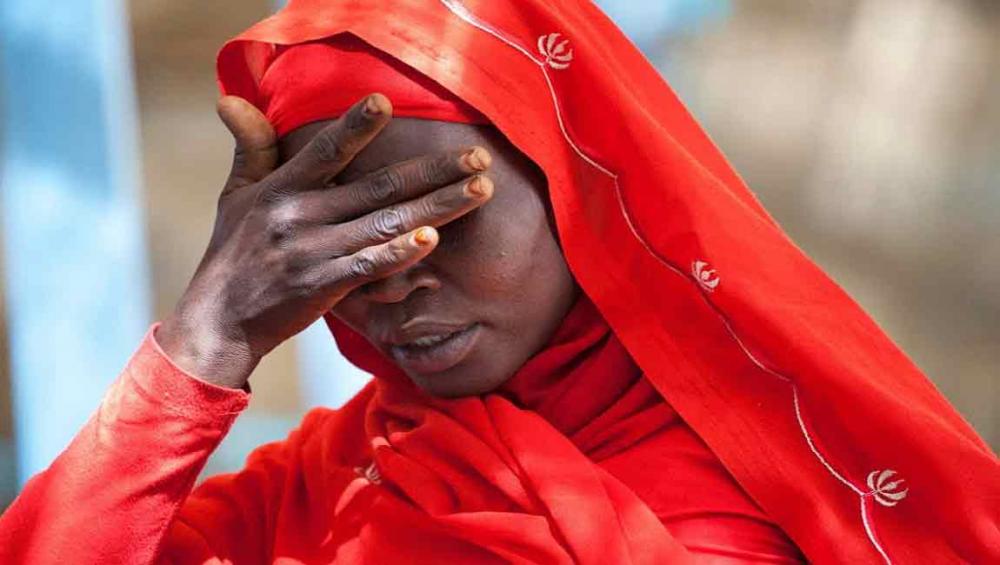Just Earth News 04 May 2017

UNAMID/Albert González Farran
“Shame and stigma are integral to the logic of sexual violence being employed as a tactic of war or terrorism: aggressors understand that this type of crime can turn victims into outcasts, thus unravelling the family and kinship ties that hold communities together,” according to the latest report of the Secretary-General on conflict-related sexual violence, which is prepared by the Office of the UN Special Representative on the issue.
The report calls on traditional, religious and community leaders to address harmful social norms and help to redirect the stigma of rape from the victims to the perpetrators. If not, the victims may face lethal retaliation, “honour” crimes, suicide, untreated diseases, unsafe abortion, economic exclusion and indigence.
Of particular concern in the report are children born of rape, which “may themselves face a lifetime of marginalization, owing to stigma and uncertain legal status.”
“Unless those who have suffered sexual violence and the children born of rape are reintegrated into their societies and economies, they will remain susceptible to exploitation and recruitment,” the report cautions.
The report calls for national legal and policy frameworks to ensure that survivors of conflict-related sexual violence can benefit from reparations and redress, and have access to urgent support and services, such as sexual and reproductive health care “including measures for the safe termination of unwanted pregnancies.”
Protection from sexual violence and access to sexual and reproductive health care was also pledged at the 2016 World Humanitarian Summit last May.
The annual report reviews 13 conflict settings, four post-conflict countries and two additional situations of concern. It also lists government and non-government actors who are credibly suspected of committing or being responsible for patterns of rape or other forms of sexual violence.
This year, for the first time since the Security Council created the position of the Special Representative on Sexual Violence in Conflict, there has been a delisting. The Ivorian armed forces (FACI) have been removed after the Government adopted measures in accordance with resolution 1960 (2010) and 2106 (2013). These measures include issuing orders through chains of command and adopting codes of conduct prohibiting sexual violence, or investigating alleged incidents.
“The measures taken by the Government of Côte d’Ivoire have resulted in the first delisting pursuant to this mandate, namely that of the Forces armées de Côte d’Ivoire. Continued monitoring and technical assistance will be required to consolidate these gains,” the report noted.
The report is due to be presented to the Security Council on 15 May.